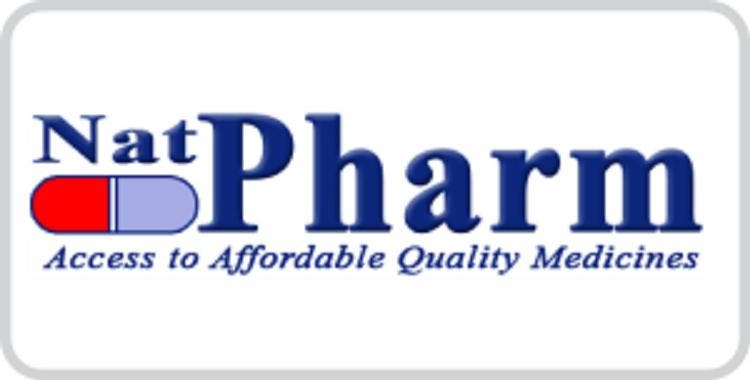|
Getting your Trinity Audio player ready…
|
The Supreme Court acquitted the former board members and directors of the National Pharmaceutical Company (Natpharm) who were being charged with criminal abuse of duty.
According to the recently established Public Entities Corporate Governance Act (Chapter 10.31) that is administered by the Office of the President and Cabinet (OPC)’s Corporate Governance Unit, the Natpharm board reports to the appointing authority, the Ministry of Health and Child Care.
The board was being accused of extending the contract of the former NatPharm Managing Director, Mrs. Flora Sifeku but they argued that her term had expired way before the appointment of the then board.
The board members had argued that the Zimbabwe Anti Corruption Commission (ZACC) had arrested them without proper investigations. For context, prior to the appointment of the current board, NatPharm had operated for eight months without a board between October 2018 and June 2019. Upon appointment, the board became seized with the issue of the absence of a written contract of appointment of Mrs. Sikefu
The Dr. Billy Rigava led NatPharm board was comprised of specialists who include the chairman himself who is a medical doctor with vast experience in the medical field, a renowned lawyer, a procurement specialist, a banker, and pharmacists just to name a few.
That board was reportedly sabotaged and dragged to Court over flimsy charges involving the termination of a former NatPharm managing director’s contract. It is believed that one of the senior managers whose contract was terminated on notice had a bone to chew against the board’s decision.
The Natpharm Board appealed against the judgment of Honourable Justice Mazofa of the High Court on the 9th of July 2021. The appeal was heard by Justices Makoni, Chitakunye, and Mwayera of the Supreme court on Monday 28 March 2022 who set aside the judgment of the High court.
“The judgment of the court a quo is set aside and substituted with the following: 1. The appeal be and is hereby allowed. 2. The judgment of the court a quo is set aside and substituted with the following: (i) The application for review be and is hereby granted (ii) the applicant’s exception to the charges relating to the contravention of Section 174 (i) of the Criminal Law (Codification and Reform Act) Chapter 9: 23 be and is hereby upheld and the charges against the applicants be and are hereby quashed,” read the judgment.
One of the lawyers for the board members, Advocate Thembi Magwalimba said: “The position has always been settled that in terms of the law, they are not public officers and therefore could not be charged in terms of a law that applies to public officers. They should not have been prosecuted in the first place and the High Court was wrong to dismiss their review application.”
